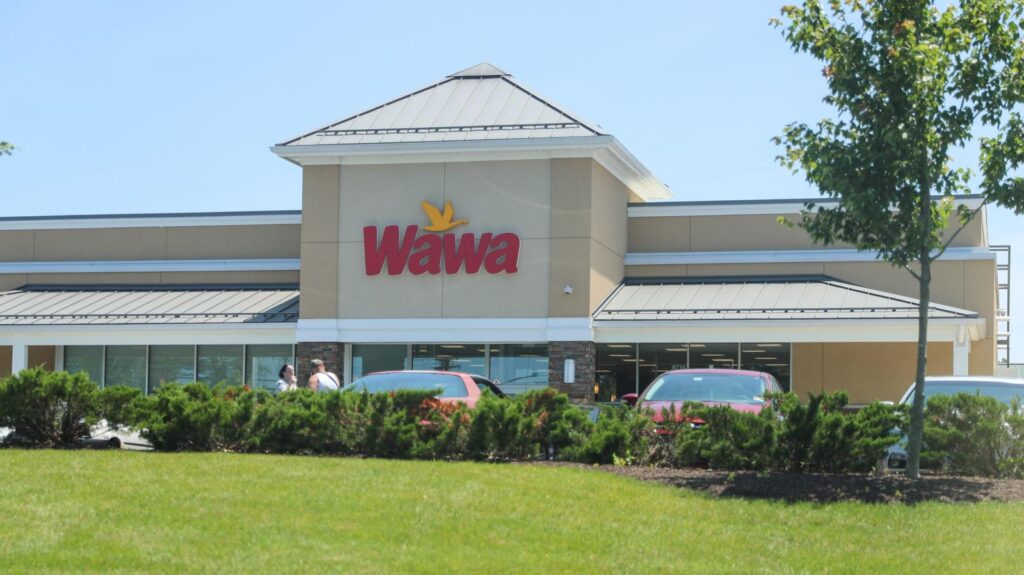Wawa, initially established as a dairy farm outlet over six decades ago, has transformed into a beloved convenience store phenomenon across the Mid-Atlantic region of the United States. Originating in Pennsylvania and expanding into South Jersey, Wawa carved out its space by evolving from simple dairy products to a more complex offering that includes deli items and gas stations located at major intersections. Throughout its development, Wawa maintained a community-centric spirit, fostering a loyal customer base that has attracted celebrity fans, including Kate Winslet, Harry Styles, and Tina Fey. As Wawa became a staple in its region, it managed to hold onto its local charm while delivering a consistent experience that resonates with consumers.
In the 1970s, the disappearance of 24-hour diners led Wawa to extend its operating hours around the clock, positioning it as a vital resource for night owls seeking late-night sustenance. In addition, during the 1990s, when other convenience stores began charging fees for cash withdrawals, Wawa distinguished itself by offering no-fee ATMs, a strategy that significantly increased customer loyalty. This commitment to customer convenience has remained a key aspect of Wawa’s brand as it continues to expand, with 2023 sales estimated at $18.5 billion and an ambitious growth strategy targeting new regions such as Florida and the Midwest, all while being privately held and majority-owned by descendants of its founder.
Wawa’s success during recent years can be linked to the pandemic’s increased demand for convenience and flexibility in meal options, particularly as consumers seek affordable alternatives to inflation-driven fast-casual dining prices. The company has differentiated itself through a diverse and expansive menu, offering hand-prepared items ranging from burgers and sandwiches to specialty coffees and smoothies, all designed for quick turnaround. Furthermore, Wawa has incorporated modern features such as self-checkout kiosks and electric vehicle charging stations, positioning itself as a forward-thinking convenience store that responds to evolving consumer behaviors and needs.
The company’s identity as a community cornerstone stems from its commitment to employee ownership via an employee stock ownership plan (ESOP). Approximately 40% of Wawa’s shares are held by employees, many of whom benefit from payouts that reflect the company’s strong performance. This culture of ownership has contributed to employee stability; during challenging times like the pandemic and amidst labor shortages, Wawa managed to retain its workforce while competitors struggled. Long-term employees foster relationships with regular customers, enhancing the local, personal atmosphere that is synonymous with the Wawa brand.
Unlike many retail businesses driven by short-term profit motives of private equity investors, Wawa exemplifies a sustainable and patient approach focused on community and quality. This stability allows for a responsive management style that is not afraid to innovate and elevate customer experience based on direct consumer feedback. Wawa’s consistent delivery of high-quality products, coupled with a customer-centric outlook, solidifies its reputation as more than just a convenience store but as a valued community resource that prioritizes well-being and service.
In conclusion, Wawa’s journey from a dairy farm outlet to a regional retail giant demonstrates the potential for businesses to thrive when they prioritize community, employee engagement, and customer satisfaction. With over 1,000 locations to date and significant growth on the horizon, Wawa’s continued success and the affection it has garnered from customers reflect a successful reimagining of what a convenience store can be in today’s marketplace. As Wawa navigates expansion while retaining its core values, it sets a powerful example for others in the retail sector, showcasing what can be achieved when a company remains true to its mission and its people.

